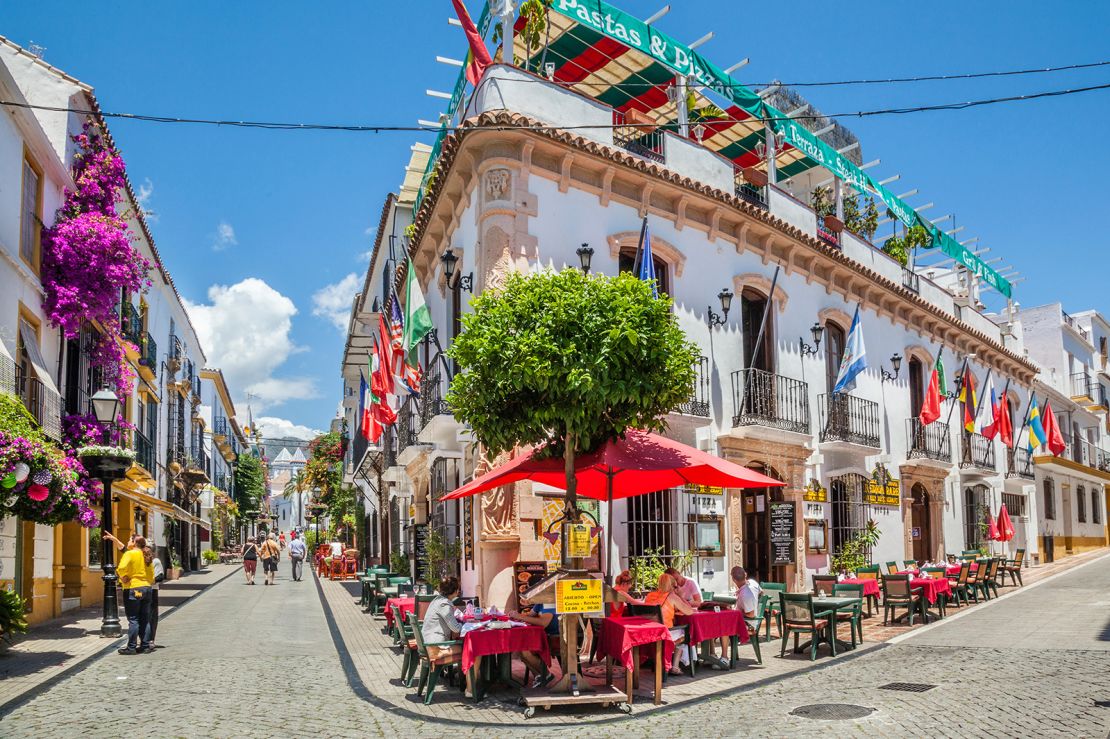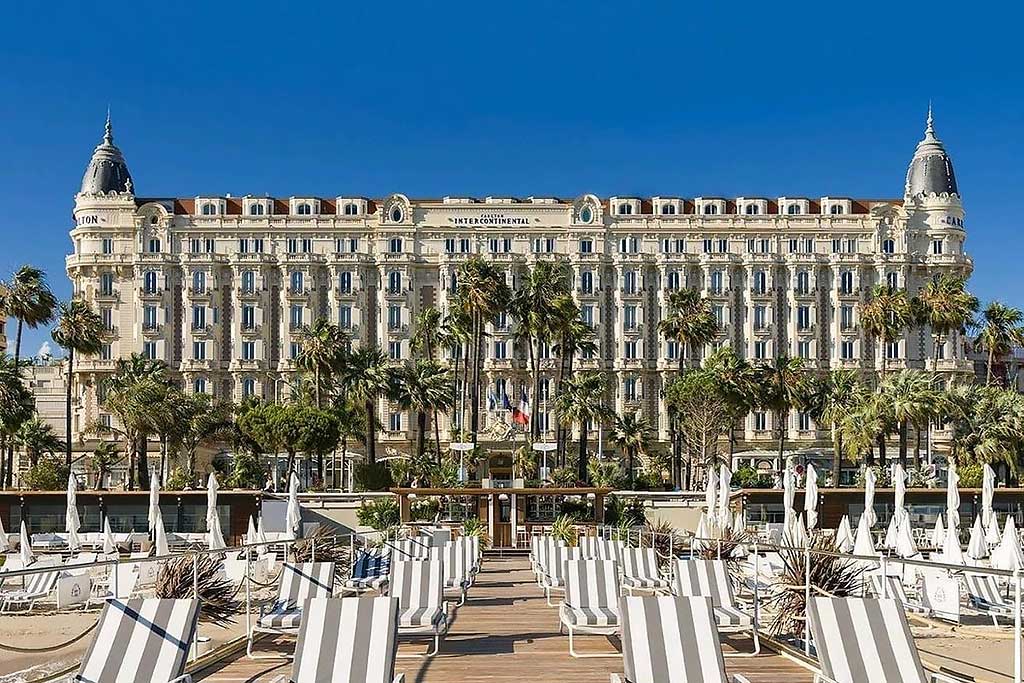Marbella vs the French Rivera for Digital Nomads
As remote work continues to reshape the global workforce, digital nomads are on the lookout for destinations that combine lifestyle appeal, affordability, and a supportive remote work ecosystem. Two Mediterranean hotspots—Marbella on Spain’s Costa del Sol and the French Riviera (Côte d’Azur)—are often on the radar for nomads seeking sun-drenched coasts and cosmopolitan living.
While both have undeniable charm, Marbella stands out as the more practical and enriching base for today’s digital nomad. In the aftermath of the pandemic, Marbella has become a premier location for remote workers, bolstered by substantial investments in digital infrastructure. The area boasts fiber-optic connectivity and an expanding network of co-working spaces and business centers.
This readiness for digital engagement, along with Spain’s recent launch of the Digital Nomad Visa—absent in France—renders Marbella especially appealing to the increasing number of location-independent professionals and entrepreneurs. This trend is fostering new rental markets and investment prospects that the more traditionally established French Riviera has been slower to embrace.
Marbella is More Affordable
One of the most important considerations for digital nomads is cost of living. Marbella offers a clear advantage. According to Numbeo (2024), consumer prices in Nice are about 31% higher than in Marbella, while rent in Nice is nearly 60% more expensive. In Marbella, a modern one-bedroom apartment in the city center typically costs around €900–€1,200/month. In contrast, the same setup in Nice or Cannes can easily exceed €1,800/month.

Beautiful streets with restaurants in Marbella´s old town
Beyond rent, daily expenses—like dining, transportation, and groceries—are notably cheaper in Spain. Tapas culture and affordable fresh produce markets mean digital nomads can enjoy a high quality of life without breaking the bank. This cost-effectiveness allows for longer stays and more flexible budgeting.
Digital Infrastructure and Remote Work Ecosystem
Spain has actively embraced remote work, launching a Digital Nomad Visa in 2023 for non-EU citizens. This visa allows remote workers to legally live and work in Spain for up to five years, giving Marbella a legal and logistical edge over French destinations that still lack a comparable program.
Marbella also features a growing number of coworking hubs like Centro House, the Pool, and Andalucia lab, offering high-speed internet, networking opportunities, and a community of like-minded professionals. Spain’s average fixed broadband speed exceeds 230 Mbps (Speedtest Global Index, 2024), ensuring smooth remote operations.
Community and Quality of Life
While the French Riviera draws a mix of affluent retirees, yacht owners, and short-term tourists, Marbella has fostered a younger, more dynamic international community of freelancers, startup founders, and creatives. Areas like San Pedro de Alcántara and Nueva Andalucía are particularly popular with nomads seeking community without sacrificing comfort.
Additionally, Marbella’s Andalusian warmth and laid-back vibe make it more accessible and welcoming. Local meetup groups, expat organizations, and wellness communities are easy to join and active year-round, unlike the French Riviera, where off-season life can feel quieter and less connected.
Lifestyle, Weather, and Leisure
Marbella enjoys over 320 days of sunshine per year, with mild winters and warm summers—ideal for an outdoor lifestyle. Beaches, hiking in the Sierra Blanca mountains, and a wide range of cafés and beach clubs offer excellent work-life balance.

Hotel InterContinental Carlton Cannes
The French Riviera, while glamorous, can feel overcrowded and seasonal, especially in hotspots like Cannes or Monaco. Public transportation can be slow, and traffic during the summer months is often congested. Marbella, by contrast, combines natural beauty with a more manageable scale and pace of life.
Education & Healthcare
When families contemplate moving, access to top-tier educational institutions and healthcare services is of utmost importance. Marbella has made substantial investments in establishing world-class healthcare facilities and international educational opportunities. The area is now home to several JCI-accredited private hospitals and clinics that deliver healthcare services comparable to the finest European standards, often at more affordable rates than similar establishments in France.
Furthermore, the region offers a range of esteemed international schools that adhere to British, American, German, and International Baccalaureate curricula, ensuring educational continuity for families from around the globe. This extensive support framework for expatriates significantly alleviates potential challenges related to relocation and investment that may be encountered in other locations.
World-class Amenities
While the French Riviera is celebrated for its beaches and harbors, Marbella sets itself apart with an unmatched variety of recreational activities. The area features over 70 golf courses within a one-hour drive, representing the highest density of golf courses in continental Europe, which has earned it the title ‘Costa del Golf.’ This remarkable sporting infrastructure draws a committed community of golf lovers and fosters specialized rental markets with premium pricing.
Tennis also plays a significant role in attracting visitors to the region. The 22-time Grand Slam champion Rafa Nadal is the latest high-profile figure to make substantial investments in Marbella, with his new academy scheduled to open this year at the Hotel Don Carlos. ‘Marbella embodies everything I value in terms of athletic development,’ Nadal remarked during the announcement of his academy. Known for his frequent visits to the Costa del Sol and enjoyment of golf during his retirement, the tennis icon is rumored to have further plans for investment in the Málaga region, including additional sports facilities and two luxury real estate projects in development.
In addition to golf and tennis, Marbella boasts premier equestrian facilities and water sports centers that compete with any Mediterranean locale. These offerings enhance the lifestyle appeal and contribute to specialized rental markets that serve sports enthusiasts throughout the year.
The community factor: accessibility and authenticity
One of Marbella’s most overlooked benefits is its distinctive social environment, which is more laid-back and welcoming compared to the often exclusive and hierarchical nature of the French Riviera. Marbella has developed a community that harmonizes global elegance with the warmth and hospitality characteristic of Spain.

Puerto Banus beach with the Victory statue at the backdrop
This authentic sense of belonging offers both emotional and economic benefits, fostering an atmosphere where relationships develop organically and newcomers easily assimilate into the local culture. As investors increasingly pursue genuine experiences in addition to financial gains, this communal aspect serves as a notable competitive edge for Marbella. Marbella’s focus on ecological sustainability is attractive for investors
While the French Riviera exudes luxury and historical elegance, Marbella is particularly attractive to the growing segment of location-independent professionals and entrepreneurs, the digital nomads. It offers a lower cost of living, a growing nomad infrastructure, and a friendly, inclusive environment. With Spain’s supportive visa policies and Marbella’s blend of sunshine, community, and affordability, this Mediterranean gem is quickly becoming one of the best bases for remote work in Europe.



